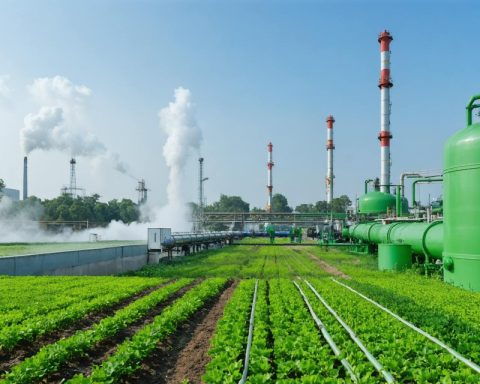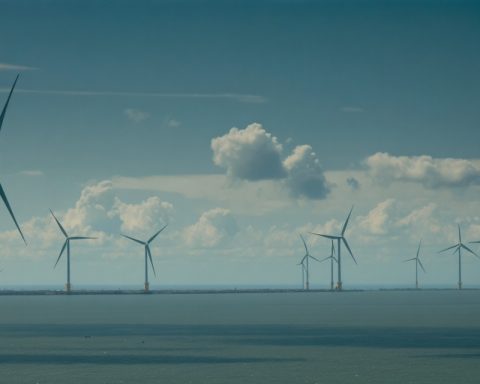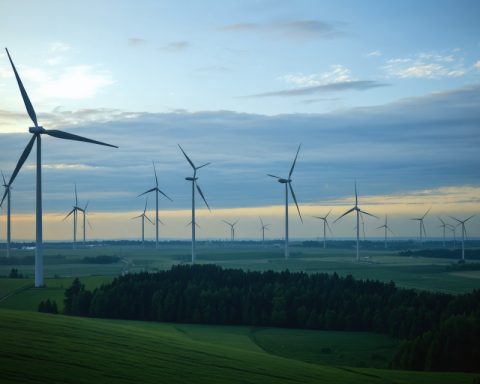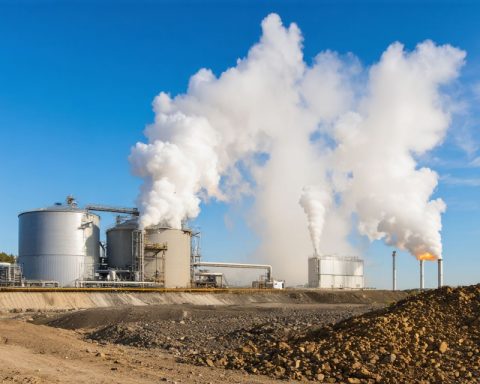Browse CategoryEnergy
Energy is a fundamental concept in science that refers to the capacity to perform work or produce change. It exists in various forms, including kinetic energy (the energy of motion), potential energy (stored energy based on an object's position), thermal energy (related to temperature), chemical energy (stored in chemical bonds), electrical energy (resulting from electric charge), and nuclear energy (released during nuclear reactions). Energy can be transformed from one form to another, but it cannot be created or destroyed, a principle known as the conservation of energy. In everyday life, energy powers our homes, vehicles, and industries, and is critical for processes such as heating, lighting, and transportation. The sources of energy can be renewable, such as solar, wind, and hydroelectric power, or non-renewable, such as fossil fuels and nuclear power. Understanding energy is essential for addressing challenges related to sustainability, resource management, and climate change.

















